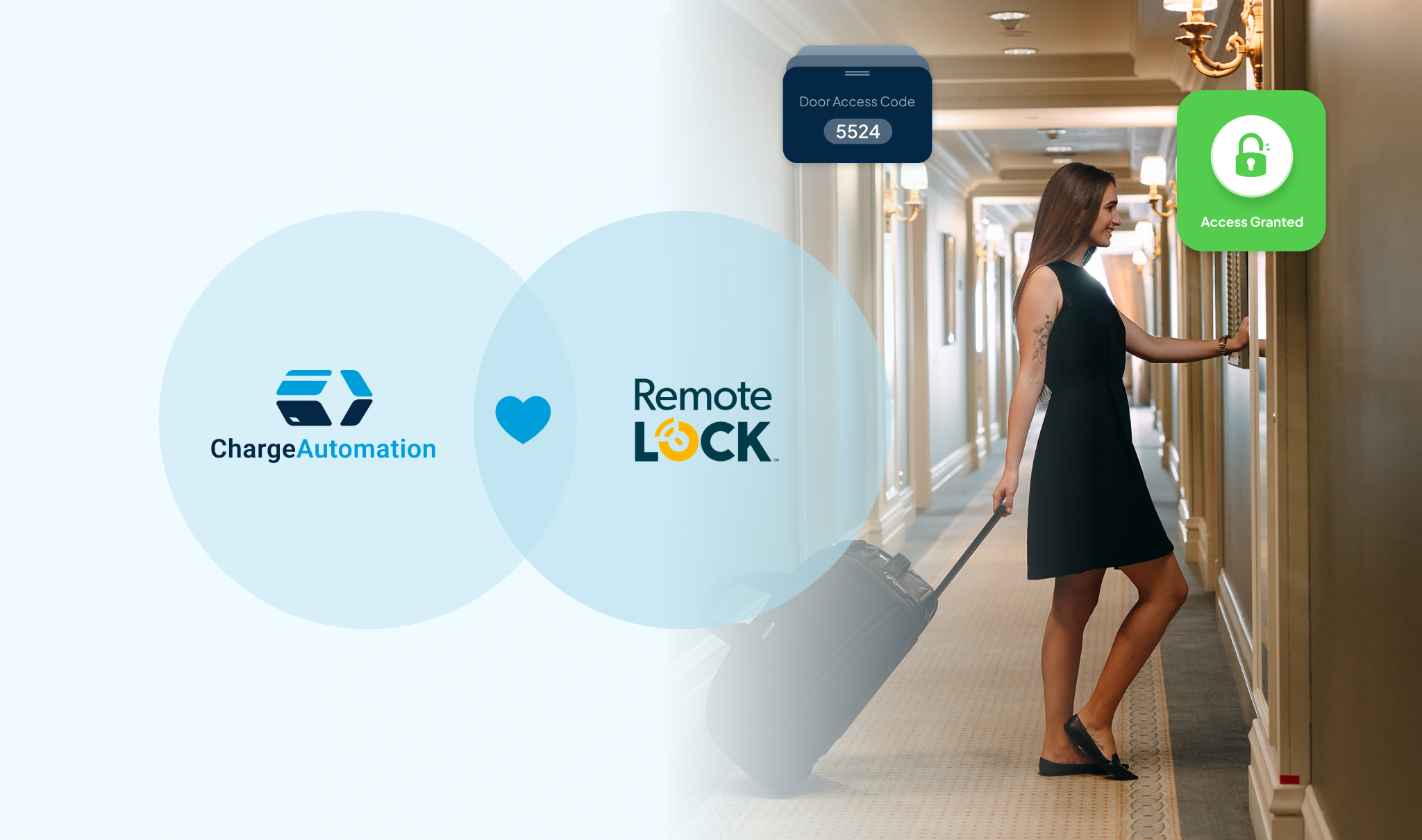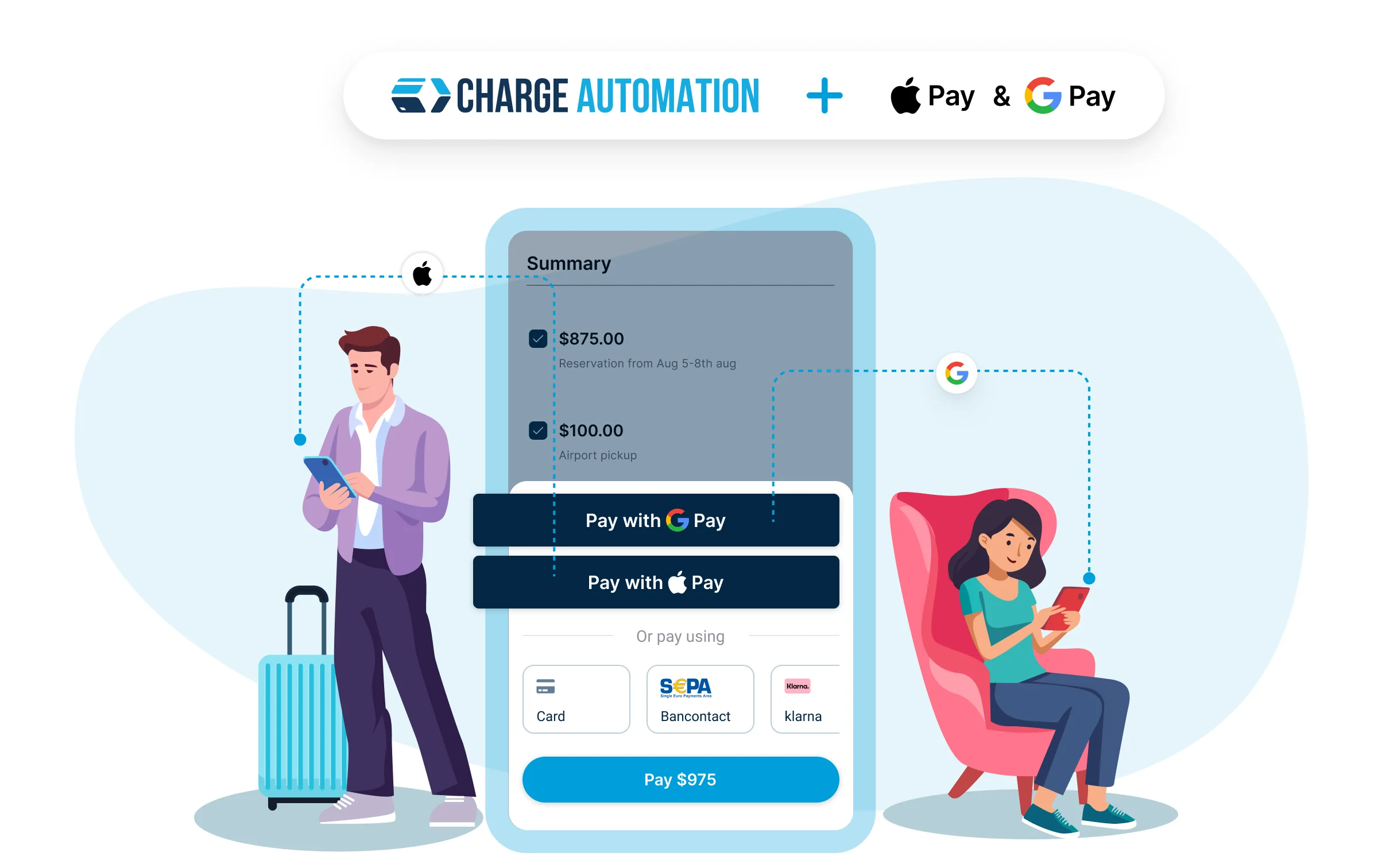What is a Security Deposit?
A security deposit is a sum of money that a renter provides to the property owner or manager before moving into a vacation rental. This deposit serves as a financial safeguard against potential damages or breaches of the rental agreement. The primary purpose of a security deposit is to ensure that the property is returned in the same condition it was in at the beginning of the rental period, barring normal wear and tear.
Why Do Vacation Rentals Require Security Deposits?
Vacation rental properties are often furnished and equipped with amenities that can be costly to repair or replace. Unlike hotels, where maintenance and repair costs are typically absorbed by the business, vacation rental owners rely on security deposits to cover unexpected expenses caused by renters. This deposit helps to:
- Cover Damage Repairs – If a renter accidentally breaks a piece of furniture, damages an appliance, or causes other harm to the property, the security deposit can be used to pay for repairs.
- Ensure Cleanliness – While renters are expected to leave the property in a clean state, sometimes additional cleaning is necessary. Security deposits can cover the cost of extra cleaning services if the property is left in an unusually dirty condition.
- Protect Against Unauthorized Expenses – Sometimes renters may incur extra costs, such as using more utilities than anticipated or bringing more guests than agreed upon. Security deposits provide a buffer for these unexpected expenses.
You’re Paying Too Much for Security Deposits – Here’s How to Fix It
ChargeAutomation offers a smarter way to protect your rental with automated pre-authorized deposits. Designed to help you avoid paying your payment processor for holding funds, while still securing your property against potential damages.
How Much is a Typical Security Deposit?

The amount of a security deposit can vary widely depending on several factors, including the location, size, and value of the rental property, as well as the length of the rental period. Typically, security deposits for vacation rentals range from 10% to 50% of the total rental cost. However, some high-end properties may require a more substantial deposit, especially if they are furnished with luxury items or located in prestigious areas.
What is the Process for Handling Security Deposits?
Understanding the process for handling security deposits can help alleviate concerns and ensure a smooth rental experience. Here’s a step-by-step overview:
- Payment – When booking a vacation rental, the renter pays the security deposit along with the rental fee. This payment is usually made through the same platform used for the booking.
- Inspection – Upon check-in, the property owner or manager may conduct an inspection of the property. It’s advisable for renters to document any pre-existing damages or issues at this time to avoid disputes later.
- Occupancy – During the rental period, renters should take care of the property and adhere to the terms of the rental agreement. This includes following rules regarding noise levels, guest occupancy, and maintenance of the property.
- Final Inspection – After check-out, the property owner or manager will inspect the property to assess its condition. If the property is in good order, the security deposit is refunded to the renter. This inspection usually occurs within a few days to a week after departure.
- Refund or Deduction – If any damages or extra expenses are identified, the owner will deduct the necessary amount from the security deposit and refund the remainder to the renter. A detailed breakdown of deductions should be provided to ensure transparency.
Tips for Renters: Protecting Your Security Deposit

To ensure a full refund of your security deposit, here are some practical tips for renters:
- Read the Rental Agreement Carefully – Understand all terms and conditions, including any rules about guests, pets, smoking, and cleaning responsibilities.
- Document the Property’s Condition – Take photos or videos of the property upon arrival, noting any pre-existing damages. Share this documentation with the owner to establish a clear record.
- Follow the Rules – Adhere to all guidelines set by the property owner. This includes respecting quiet hours, guest limits, and proper use of appliances and amenities.
- Clean Up – Leave the property in the same condition as when you arrived. This includes disposing of trash, washing dishes, and tidying up living spaces.
- Communicate Issues Promptly – If you encounter any problems or damages during your stay, inform the property owner immediately. Prompt communication can prevent minor issues from becoming major disputes.
The Benefits of Security Deposits for Property Owners

For property owners, security deposits provide peace of mind and financial protection. By requiring a security deposit, owners can:
- Mitigate Financial Risk – Security deposits act as a financial buffer against damages and excessive wear and tear, reducing the risk of incurring out-of-pocket expenses.
- Encourage Responsible Behavior – Knowing that a security deposit is at stake, renters are more likely to treat the property with care and respect.
- Facilitate Smooth Operations – With a security deposit in place, owners can quickly address and rectify any issues, ensuring the property is ready for the next guest without delay.
Conclusion
Security deposits are a crucial component of vacation rental agreements, offering protection and assurance for both renters and property owners. Understanding what is a security deposit and how to safeguard it can enhance your vacation rental experience. Adhering to rental agreements and taking care of the property ensure that renters can have a hassle-free stay. In addition, they are also eligible for a full refund of their security deposit. All of these while property owners can maintain their properties’ quality and value.






